Roopali tells us about military journeys, Tipu Sultan, Blue Mountains, and the graves of the Britishers, among other things, in the second part of this article. An exclusive for Different Truths.
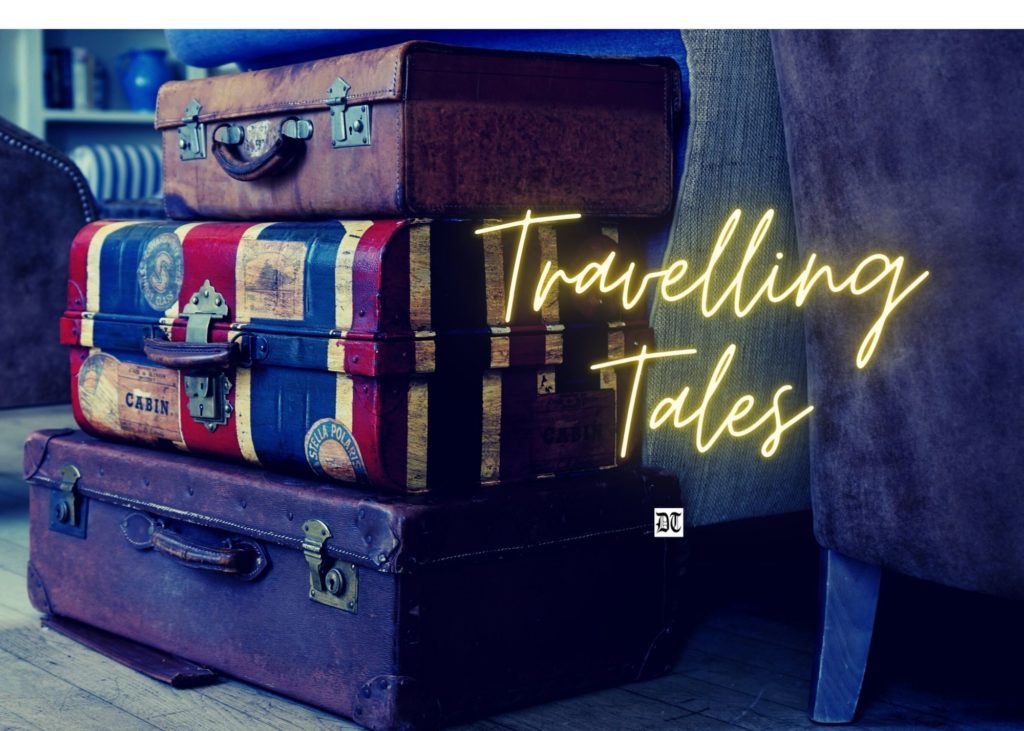
When I talk of military journeys, I am taken back all the way to the olive green (OG) trucks, jeeps, motorbikes, vans, cars and bicycles, our school buses, and the special military trains. Of course, also the OG figures, our sentinels who travelled with us from one place to the other. We belonged to them, and they belonged to us. The colour OG cocooned us as kids when we boarded three-tonne trucks converted into school buses with ribbed iron gates and a tarpaulin thrown over the top. Manned by a uniformed conductor and a uniformed driver, these school transport vehicles were very large pick-up trucks with a bunch of kids in the back. Our moms just handed us over knowing we were in safe hands. And off we went to school over hills and dales and roads and lanes!
Just like the versatile one-tonne truck that could quickly convert into a shopping spree vehicle, the “three-tonnes” merrily converted into picnic transport.
Just like the versatile one-tonne truck that could quickly convert into a shopping spree vehicle, the “three-tonnes” merrily converted into picnic transport. Picnics meant a number of these vehicles with mattresses and chairs thrown into them. Meanwhile, rattling old jeeps would grudgingly take our moms to far off wholesale fish and vegetable mandi markets to buy the week’s supply.
Once we travelled in the last truck at the end of a military convoy all the way from Bangalore to Mylapore to Salem to Wellington in the Nilgiris. Again with those mattresses! But this time we had quilts and pillows, and slept all the way. We did stop for a night at Mysore, where we spent the night at the State Guest House; visited the fabulous Mysore Palace; and then took off for Srirangapatnato Tipu Sultan’s summer palace.
Tipu Sultan had fought tooth and nail against the mighty British Empire.
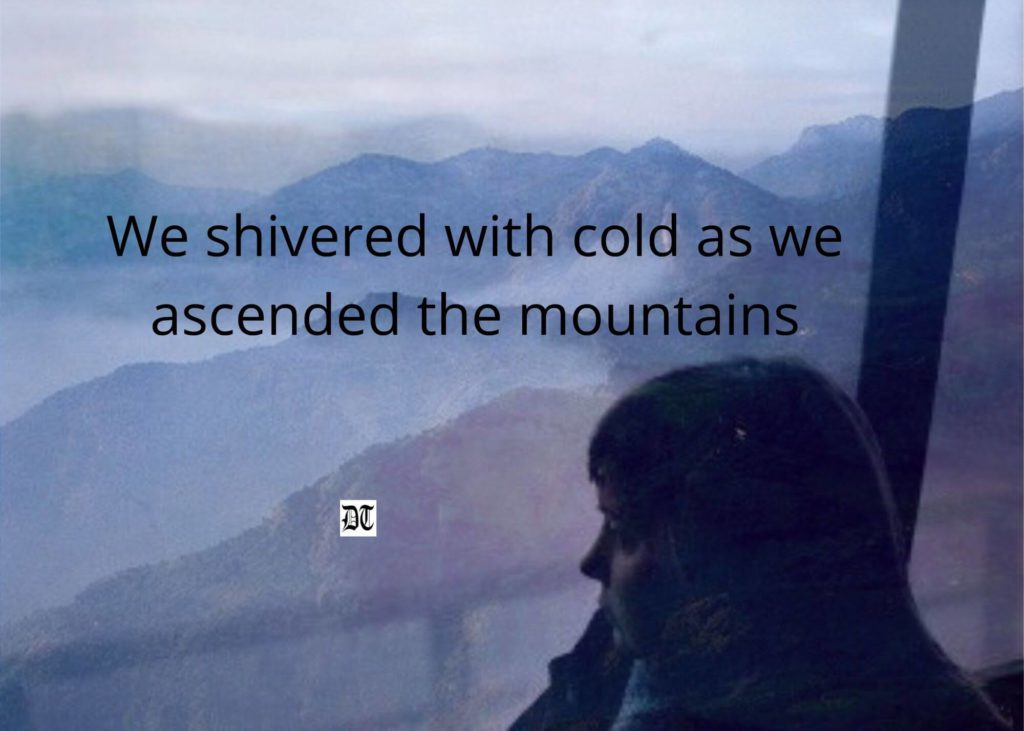
Tipu Sultan had fought tooth and nail against the mighty British Empire. Back in the last truck, the convoy with its soldiers and other military ware slowly made its way up the Nilgiris – the Blue Mountains. We shivered with cold as we ascended the mountains, inhaling the scent of the giant conifers, and the eucalyptus. Little white churches dotted the hillside alongside rows and rows of gravestones. Mother would explain how the British had developed these towns as hill stations for their summer offices as a place to escape the terrible heat of the plains. They now resided in those graves.
In the Blue Mountains mosquitoes bit the English people and their stomachs hurt when they drank pepper water, which they liked so much. They called the pepper water ‘Mulligatawny’. Still, our cook, Chinnaswamy’s favourite god with golden hair, blue eyes and white skin, who spoke the magic language English died one by one of mosquito bites and pepper water. Those who did not die left these dead people behind in their grave homes in bits of India forever and forever.
Every year somebody or the other came from England to put flowers on the graves…
Every year somebody or the other came from England to put flowers on the graves of their dead children, wives, husbands, grandparents, great uncles and aunts and brothers. We met them once when we were catching butterflies. They were kneeling and talking in whispers to whoever was lying inside the grave. They were telling the dead people what to do and what not to do. The wives keep talking to their husbands, “Have you done this, have you done that?” But they always said “Darling!” We crawled up close and heard one of them saying, “Darling darling. Are you wearing the sweater I knitted for you?” Another one was saying, “Where did you keep the property papers?”
Father Dudley said one day all the dead people would wake up and become alive again. No date has been fixed. It was going to be a surprise and we must all prepare ourselves for that great day. Maybe one day these dead English people will also wake up and go back to their own country. “People like to die for their country in their own country. From dust to dust from ashes to ashes from Little England to Big England.” Father’s friend Major Muthuswamy uncle’s friend Mr. Bhottocharya who worked in the post office told us this, wiped his face with his hanky and smiled.
There was a solitary reclining chair in the truck. Mother sat in it all day.
There was a solitary reclining chair in the truck. Mother sat in it all day. The mattresses were fine for us. My sister and I. We sat cross-legged like the Buddha. Father sat in front next to the driver. We would knock on the divider between the driver and the back of the truck several times. Sometimes for potato chips. Other times for chocolate. We were seldom turned down. It is a ride I will never forget. Our home on wheels. The rough and tumble of these travels was steadily preparing us for the rough and tumble of life. Father’s frequent postings and transfers meant we missed school frequently. But learning for us never stopped.
To be continued
Visuals by Different Truths

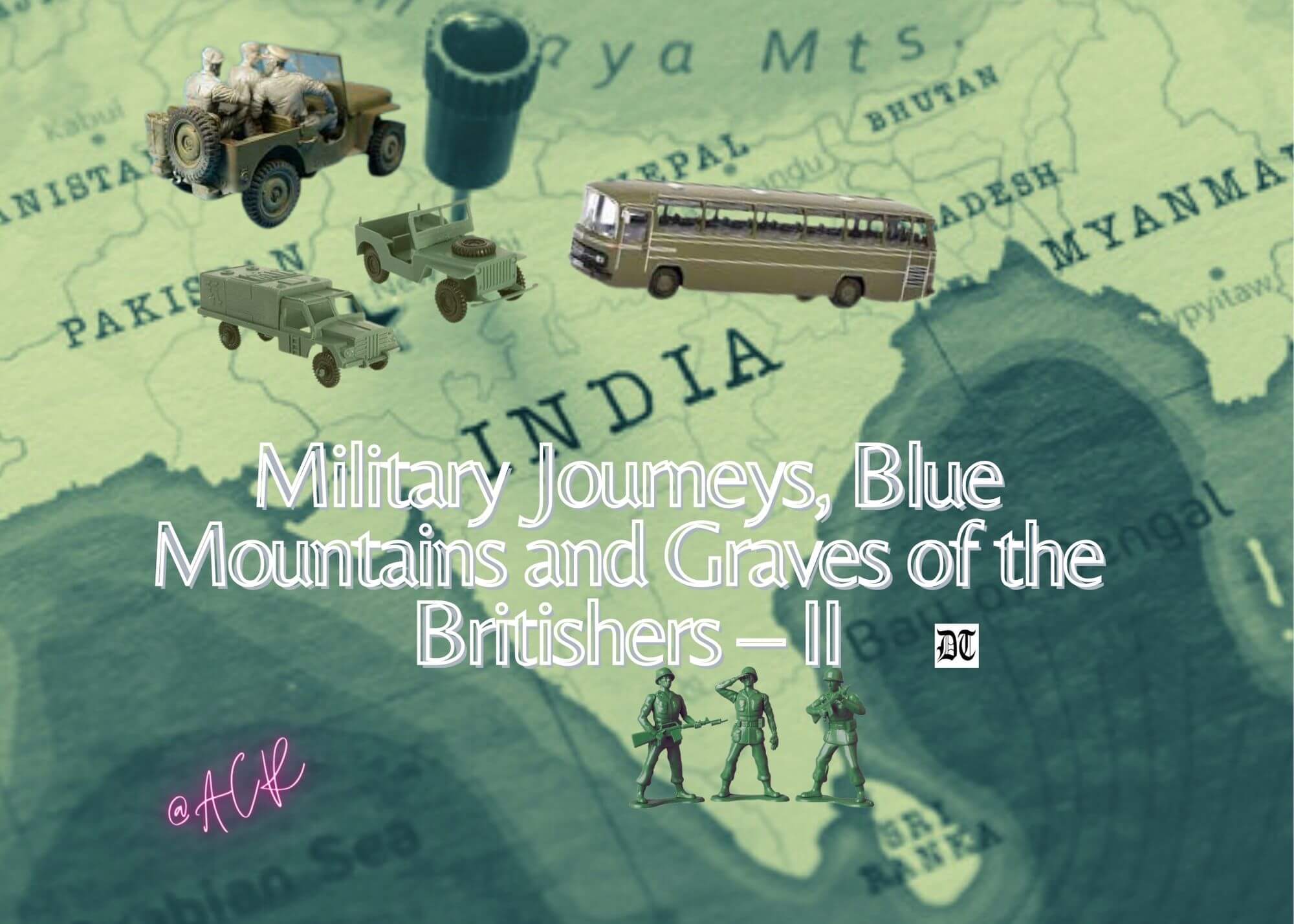
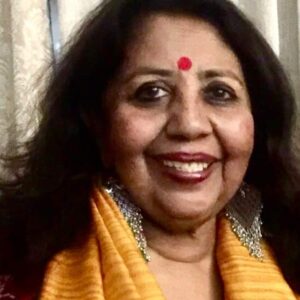

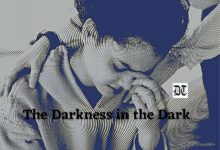
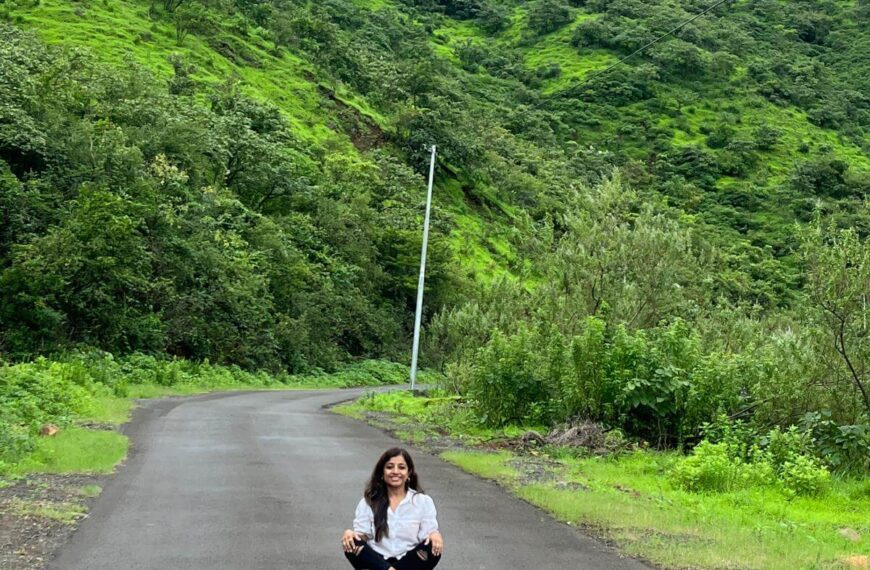
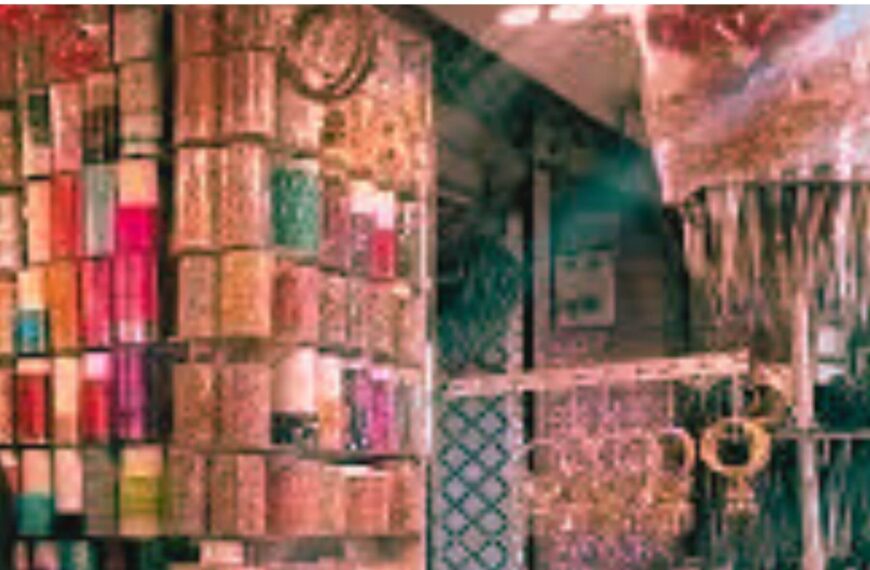
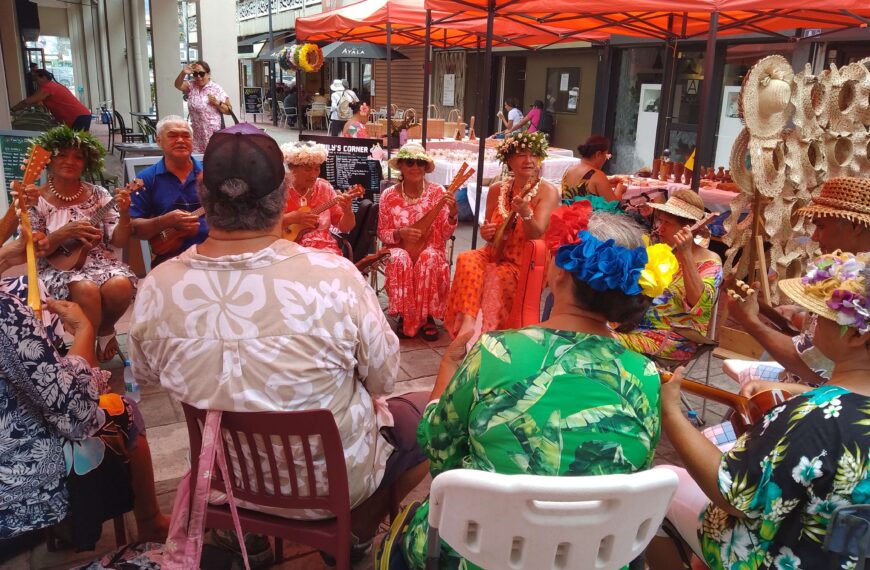
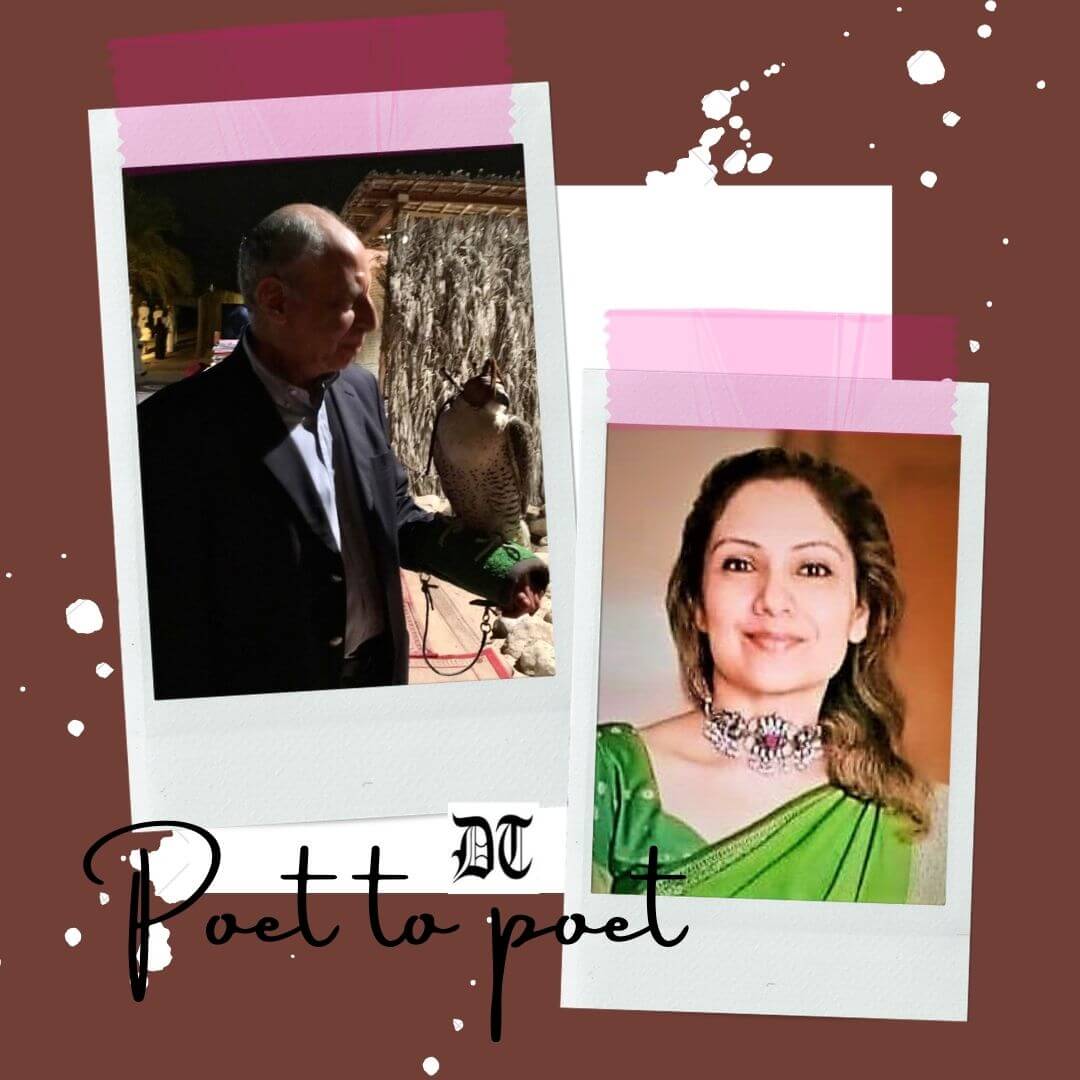
 By
By
You write so beautifully
This is wonderfully written. So evocative!